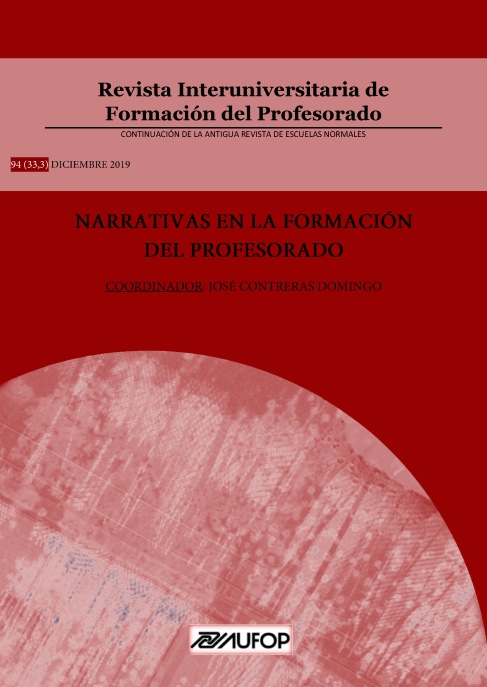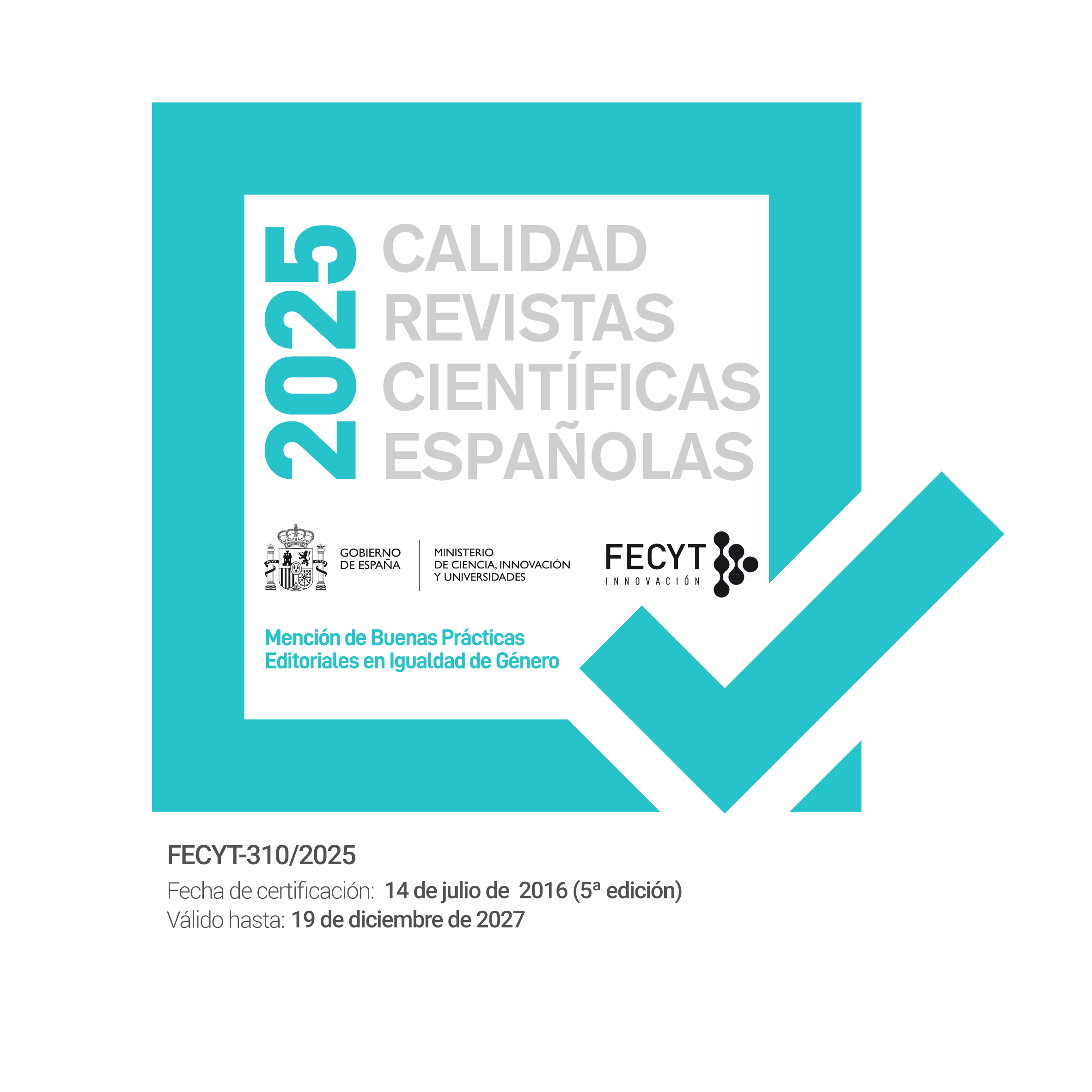Movements Toward Living Relationally Ethical Assessment Making: Bringing Indigenous Ways of Being, Knowing, and Doing Alongside Narrative Inquiry as Pedagogy
DOI:
https://doi.org/10.47553/rifop.v33i3.75248Abstract
As teacher educators deeply committed to relational narrative inquiry and the centrality of living in relationally ethical ways alongside co-researchers, our initial turns toward living narrative inquiry as pedagogy were inspired by wanting to live in relationally ethical ways alongside undergraduate and graduate students. Following the sudden passing in 2015 of Singing Turtle Woman—Anishinabe kweElder, scholar, and long-time friend and research collaborator Mary Isabelle Young, we often told and retold stories of how her teachings of Pimosayta (learning to walk together) and Pimatisiwin (walking in a good way) were continuing to guide us. In this midst we gradually realized that Mary’s teachings opened potential in conjunction with our desires to live/practice relationally ethical assessment making alongside students. As we engage in autobiographical narrative inquiry into our recent coming alongside undergraduate and graduate students, in two Assessment as Pimosayta courses in two differing teacher education programs in Canada, we show how our bringing Indigenous ways of being, knowing, and doing alongside our practicing narrative inquiry as pedagogy supported our movements toward living relationally ethical assessment making.References
Absolon, K. (2010). Indigenous Wholistic Theory: A Knowledge Set for Practice.First Peoples Child & Family Review, 14(1), 22–42.
Battiste, M. (2013). Decolonizing education: Nourishing the learning spirit. Saskatoon, SK: Purich Publishing Ltd.
Battiste, M., & Henderson, J.Y. (2000). What is Indigenous knowledge? Saskatoon, SK: Purich.
Bouvier, R., & Karlenzig, B. (2006). Accountability and aboriginal education: Dilemmas, promises and challenges. In B. Anderson, R. Bouvier, V. Brouillette, R. Connell, N. Duceux, R. Hatcher, K. Jones, B. Karlenzig, S. Karpt, L. Kuehn, G. Martell, C.A. Spreen & S. Vally (Eds.), Education’s iron cage and its dismantling in the new global order (pp. 15-33). Ottawa, ON: Canadian Centre for Policy Alternatives.
Bruno, S. (2010). Nehiyawiskwew Âcimowina: Attending to the silences in the lives of cree women in university. (Unpublished doctoral dissertation). University of Alberta, Edmonton, Canada.
Cardinal, T. (2010). For all my relations: An autobiographical narrative inquiry into the lived experiences of one aboriginal graduate student.(Unpublished master’s thesis). University of Alberta, Edmonton, Canada. Retrieved from: https://era.library.ualberta.ca/items/fb90bbcc-429c-4a54-b5c3-af8889ac6cdc. DOI: https://doi.org/10.7939/R34H3D
Cardinal, T. (2011). Stepping-Stone or Saving Story? LEARNing Landscapes, 4(2).
Cardinal, T. M. (2014). Composing lives: A narrative inquiry into aboriginal youth & families’ stories to live by. (Unpublished doctoral dissertation).University of Alberta, Edmonton, Canada. Retrieved from https://era.library.ualberta.ca/items/141d223c-8db6-4563-9b23-87ffc39a0ec0. DOI: https://doi.org/10.7939/R39C6S71V
Clandinin, D. J., & Connelly, F. M. (1992). Teacher as curriculum maker. In P. Jackson (Ed.), Handbook of Research on Curriculum (pp. 363-401). Toronto, ON: Macmillan.
Clandinin, D. J., & Connelly, F. M. (2000). Narrative inquiry: Experience and story in qualitative research. San Francisco, CA: Jossey-Bass.
Clandinin, D. J., & Murphy, M. S. (2009). Relational ontological commitments in narrative research. Educational Researcher, 38, 598–602. DOI: 10.3102/0013189X09353940
Clandinin, D. J., Murphy, M. S., Huber, J., & Murray Orr, A. (2010). Negotiating narrative inquiries: Living in a tension-filled midst. Journal of Educational Research, 103(2), 81-90. DOI: 10.1080/00220670903323404
Claypool, T. R., & Preston, J. P. (2011). Redefining learning and assessment practices impacting aboriginal students: Considering aboriginal priorities via aboriginal and western worldviews. in education, 17(3), 84-95.
Connelly, F. M., & D. J. Clandinin (1988). Teachers as curriculum planners: Narratives of experience. New York, NY: Teachers College Press.
Dewey, J. (1938). Experience and education. New York, Simon and Schuster Inc.
Ermine, W. (1995). Aboriginal epistemology. In M. Battiste & J. Barman (Eds.), First Nations education in Canada: The circle unfolds (pp. 101-112). Vancouver, BC: UBC Press.
Fullan, M., Quinn, J., & McEachen, J. (2017). Deep learning. Engage the world change the world. Thousand Oaks, CA: Corwin Press.
Goulet, L. M., & Goulet, K. N. (2014). Teaching each other: Nehinuw concepts & Indigenous pedagogies. Vancouver, B.C.: UBC Press.
Hanohano, P. (1999). The spiritual imperative of native epistemology: Restoring harmony and balance to education. Canadian Journal of Native Education, 23(2), 206–219.
Huber, J. (1992). Voice as evaluation: Narratives of experience. (Unpublished master’s thesis). University of Alberta, Edmonton, Canada. Retrieved from https://era.library.ualberta.ca/items/1c47f7dc-42dd-4e87-a87f-7c6576942122. DOI: https://doi.org/10.7939/R32N4ZN8H
Huber, J., Caine, V., Huber, M., & Steeves, P. (2013). Narrative inquiry as pedagogy in education: The extraordinary potential of living, telling, retelling, and reliving stories of experience. Review of Research in Education, 37(1), 212-242. Retrieved from
https://www.jstor.org/stable/24641962
Huber, J., Murphy, M. S., & Clandinin, D. J. (2011). Places of curriculum making: Narrative inquiries into children's lives in motion. Bingley, UK: Emerald Group Pub. Limited.
Kirkness, V. J., & Barnhardt, R. (2016). First nations and higher education: The four R’s—Respect, relevance, reciprocity, responsibility. Journal of College and University Student Housing, 42(2), 94-109.
Lambe, J. (2003). Indigenous education, mainstream education, and native studies: Some considerations when incorporating indigenous pedagogy into native studies. American Indian Quarterly, (1/2), 308–324.DOI: 10.1353/aiq.2004.0046
Latremouille, J. M., Bell, A., Kasamali, Z., Krahn, M., Tait, L., & Donald, D. (2016). kistikwânihk êsko kitêhk: Storying holistic understandings in education. Journal of the Canadian Association for Curriculum Studies, 14(1), 8-22.
Lessard, S. (2010). “Two-stones” stories: Shared teachings through the narrative experiences of early school leavers. (Unpublished master’s thesis).University of Alberta, Edmonton, Canada. Retrieved from https://era.library.ualberta.ca/items/96a36bc9-0977-4e75-96b8-333e48efe235.DOI: https://doi.org/10.7939/R34D4R
Lessard, S. (2014). Red worn runners. A narrative inquiry into the stories of aboriginal youth and families in urban settings. (Unpublished doctoral dissertation), University of Alberta, Edmonton, Canada. Retrieved from https://era.library.ualberta.ca/items/8ff0c378-47eb-4a5d-926f-ce0070f19115. DOI: https://doi.org/10.7939/R33R0Q12G
Lugones, M. (1987). Playfulness, “world”-travelling, and loving perception. Hypatia, 2(2), 3–19. DOI:10.1111/j.1527-2001.1987.tb01062.x
McNally, M. D. (2004). Indigenous pedagogy in the classroom: A service learning model for discussion. American Indian Quarterly, (3/4), 604–617. DOI: 10.1353/aiq.2004.0102
Meyer, M. A. (2010, Oct 22). Manu aluli meyer on epistemology. Retrieved from https://www.youtube.com/watch?v=lmJJi1iBdzc
Moore, S. (2017). Trickster chases the tale of education. McGill-Queen's Press-MQUP.
Murphy, M.S. (2010). Report card poetry In C. J. Craig & L. F. Deretchin (Eds.), Teacher Education Yearbook XX (pp. 245-261). Lanham, MD: Rowman & Littlefield Education.
Peltier, S. (2017). An Anishinaabe perspective on children’s language learning to inform “seeing the aboriginal child”. Language and Literacy, 19(2), 4-19. DOI: https://doi.org/10.20360/G2N95C
Rameka, L. (2007). Mäori Approaches to Assessment. Canadian Journal of Native Education, 30(1), 126-144.
Steeves, P., Yeom, J., Pushor, D., Nelson, C., Mwebi, B., Murray Orr, A., Murphy, M. S., Glanfield, F., Huber, J., & Clandinin, D. J. (2009). The research issues table: A place of possibility for the education of teacher educators. In C. Craig & L. F. Deretchin (Eds.), Teacher learning in small group settings: Teacher education yearbook XVII (pp. 303-320). New York, NY: Scarecrow Education/Rowman & Littlefield Publishing Group.
Steinhauer, E., Cardinal, T., Higgins, M., Madden, B., Steinhauer, N.,
Steinhauer, P., Underwood, M., Wolfe A., & Cardinal, B. (in
press).Thinking with Kihkipiw: Exploring an indigenous theory of
assessment and evaluation for teacher education. In C. Meek & M.
Pickering (Eds.), Decolonizing and Indigenizing Education in
Canada.Toronto, ON: Canadian Scholars.
Swanson, C. P. E. (2013). An autobiographical narrative inquiry into the lived tensions between familial and school curriculum making worlds. (Unpublished master’s thesis). University of Alberta, Edmonton, Canada. Retrieved from https://era.library.ualberta.ca/items/2288398d-148d-4aac-83ed-2295083678c5. DOI: https://doi.org/10.7939/R3K127
Swanson, C. (2019). A narrative inquiry alongside the familial curriculum making experiences of urban indigenous children and families. (Unpublished doctoral dissertation). University of Alberta, Edmonton, Canada. Retrieved from https://era.library.ualberta.ca/items/8ad5b984-775e-46f5-bbb0-bc87b086383f. DOI: https://doi.org/10.7939/r3-gsh5-2436
Whelan, K. (1999). Traveler on a journey. In F. M. Connelly & D. J. Clandinin (Eds.), Shaping a professional identity: Stories of educational practice (pp. 20-31). New York, NY: Teachers College Press.
Wilson, S. (2001). Research is ceremony: Indigenous research methods. Halifax, NS: Fernwood.
Young, M. I. (2003). Pimatisiwin: Walking in a good way: A narrative inquiry into language as Identity. (Unpublished doctoral dissertation). University of Alberta, Edmonton, Canada.
Young, M. (2005a). Pimatisiwin: Walking in a good way: A narrative inquiry into language as identity. Winnipeg, MB: Pemmican.
Young, M. (2005b). Is the Legacy of Residential Schools Relevant Today? M.A.S.S (Manitoba Association of School Superintendents), Fall, 33, 36-38.
Downloads
Published
How to Cite
Issue
Section
License
The "Revista Interuniversitaria de Formación del Profesorado (RIFOP)", with ISSN print 0213-8646 and ISSN electronic 2530-3791), adheres to the copyright notices proposed by Creative Commons
Authors’ rights
Papers published in the journal are subject to the following terms:
1. The Asociación Universitaria de Formación del Profesorado (AUFOP) is the editor of the RIFOP and holds the copyright of the papers published therein. The reuse of these is allowed under the license for use as indicated under point 2.
© Asociación Universitaria de Formación del Profesorado (AUFOP)
2. The papers are published in electronic version under the license CreativeCommons Reconocimiento-NoComercial-SinObraDerivada 3.0 España (texto legal). Papers can be copied, used, disseminated, transmitted and publicly exhibited provided that: i) the authorship and original publication source are cited (journal, editors and URL of the paper); ii) they are nit used for commercial gain; iii) the existence and specifications of the license for use are mentioned.
3. Auto-archiving conditions. Authors are allowed and encouraged to disseminate electronic pre-print versions (versions prior to peer review) and/or post-print (versions reviwed and accepted for publication) of their papers prior to their publication, since this favors prompt circulation and dissemination and supposes a possible increase in cites and scope within the academic community.
Privacy declaration
The names and email addresses incorporated into this journal will be used solely for the declared purposes of the journal and will not be available for any other purposes or to third parties.






